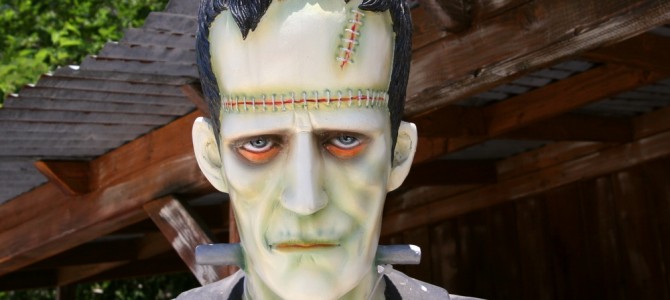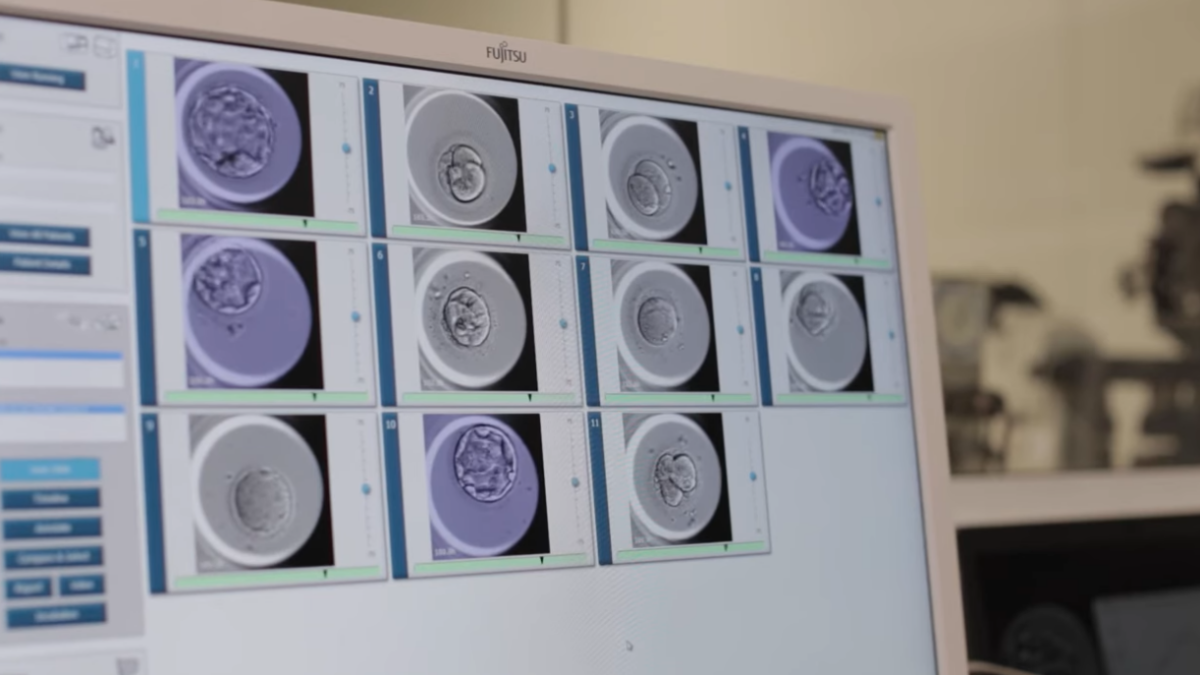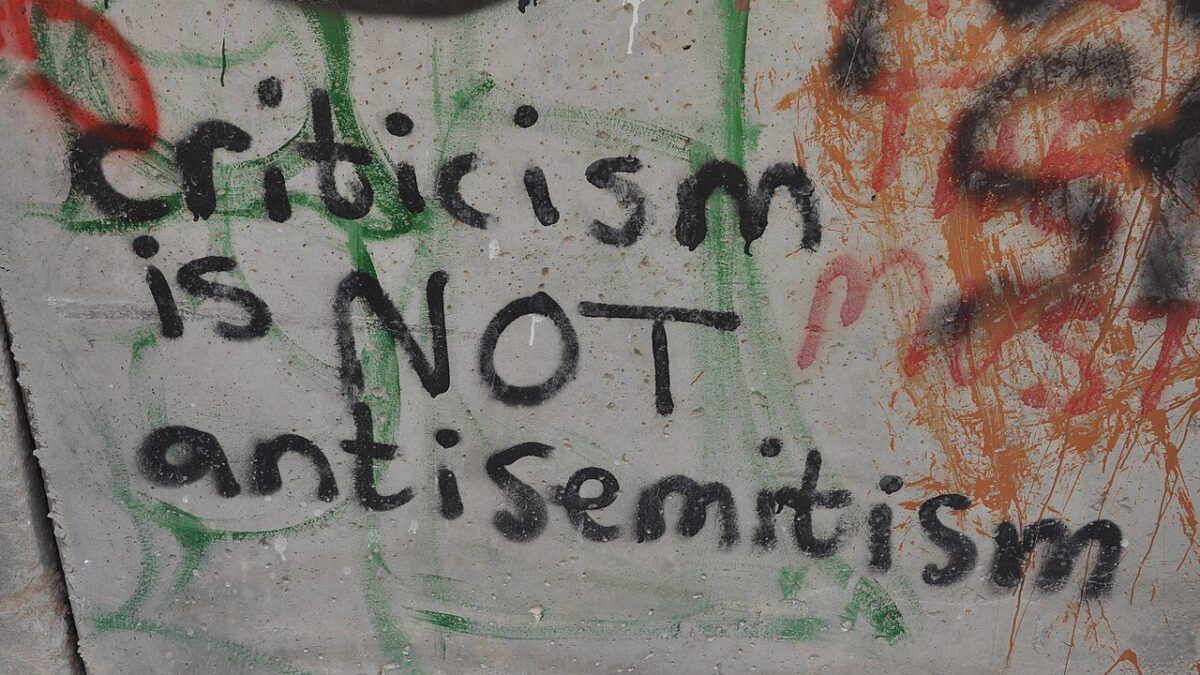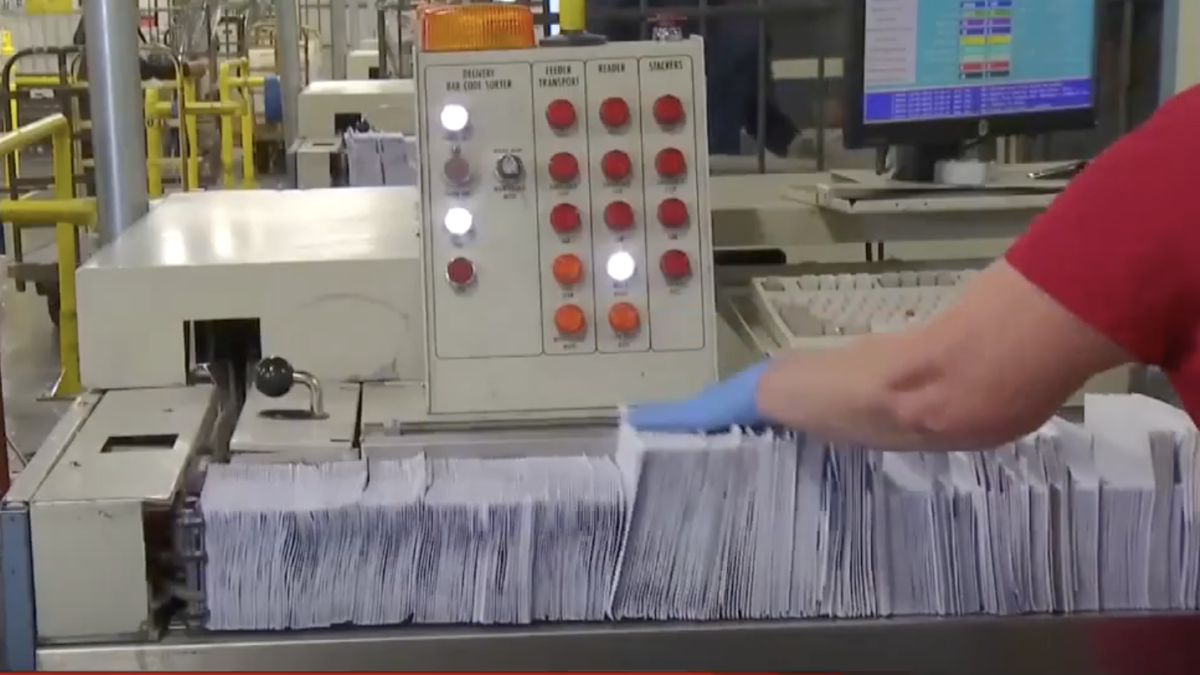Brits are apparently debating rules for “three- and four-parent babies.” A three-parent baby is one formed from a male sperm, a female donor egg, and DNA from another woman replacing the nucleus DNA the donor egg. A four-parent baby seems to have that same female DNA crossing replicated on the male side.
There is a well-established community of people who resist DNA Frankensteining when it comes to plants and animals, aka the anti-GMO crowd. I am not anti-GMO necessarily, but do have reservations about interspecies DNA splicing, such as crossing fish with corn. It’s wildly unnatural, and unnatural behavior tends to have terrible consequences. But that debate is on an entirely different plane than the one that is clearly already here, about experimenting on human beings just as we would fish, corn, or wheat.
It’s a bit of an outrage that one even needs to explain why this is a horrible, horrible idea. But outrage is ultimately ineffective. So here are some serious reasons for a scientific community and goads of it whose technical ability and craven desires have clearly outpaced their moral sense.
1. The World Has Plenty Of Children Who Need Parents
The first is that there is absolutely no reason to Frankenstein human beings. No justification whatsoever. People using donor eggs and human incubators obviously want children; but there are millions of hungry, orphaned children in this world they could provide for at far less cost than commissioning one through what amounts to human trafficking. (Given the moral ineptitude of people who presume to buy other humans’ bodies, however, I’m not sure they deserve to be given any children at all. What nature has rightly decided, they will overrule, with no regard to anything but “I want.”)
If people want a baby “from scratch,” thousands of newborns are likewise orphaned and available for adoption, and thousands more “snowflake babies” go into incinerators every year. There is no shortage of children who need parents in this world, and therefore no justification to treat human beings like assembly-line products to generate more. The desire of some people to have a thing is not in itself a justification for granting their wish. Some people yearn to rape and pillage. Others covet their neighbor’s property. No matter how “deeply felt” are such desires, society does not owe people their perceived fulfillment. (Sorry, FDR. Now see where your philosophy leads.)
2. Frankensteining Children Violates Their Human Rights
I’m sorry I have to say this, and to anyone who is already a parent this is stupidly obvious, but children are not a thing to be produced for someone’s personal pleasure. Children are not emotional prostitutes, slaves, political statements, validation, lifestyle accessories, or products. They are human beings with rights, autonomy, individuality, innate desires and personality, and—dare I say—souls.
Further, society owes all children encouragement of the best family arrangements for their comfort. Allowing people to generate children for their personal pleasure falls outside the realm of moral parent behavior. What kind of parenting can a child expect from people whose first act was to decide it appropriate to chop up and paste together various body parts merely to produce an “object” that pleases them, with no regard to this person’s possible wishes in the matter or the risks thereof? At least natural children have no one to blame but God for any maladies.
3. Frankensteined People Will Almost Certainly Be Unhealthy
Animal cloning is still going through generations of animals with severe health problems because the process is nowhere near perfect. Obviously, scientific advances require trial and error. This time, however, the experiments and errors will be on human beings. How creating human beings we know will be disabled, possibly horribly disabled, is conscionable is beyond me. This is not an argument for euthanasia or any other actions but giving disabled people the best care; it’s just noting that there’s a huge difference between accidental disability and deliberately creating people you know will have huge physical struggles. According to the UK’s Christian Institute:
The New Scientist magazine recently changed its stance on three-parent babies, warning that the UK needs to have a ‘serious debate’ about the ethics and safety of three-parent babies.
The magazine previously dismissed ethical concerns, but said now it appears ‘we may have seriously underestimated the influence that mitochondria have’.
Let’s lay out what life is like for people with mitochondrial diseases. According to the United Mitochondrial Disease Foundation, “Depending on which cells are affected, symptoms may include loss of motor control, muscle weakness and pain, gastro-intestinal disorders and swallowing difficulties, poor growth, cardiac disease, liver disease, diabetes, respiratory complications, seizures, visual/hearing problems, lactic acidosis, developmental delays and susceptibility to infection.” Again: I do not suggest this means killing diseased people or unborn infants. We’re all diseased to some point. But deliberately creating people we know must have massive health problems is not only unkind, it is sick. Humans are not subjects for experimentation. We are sacred. Once we grant that messing around with human life in this way is acceptable, there is no logical stop point for even darker manipulation of humans.
4. Some Boundaries Should Not Be Transgressed
Cloning and DNA splicing children to have four genetic “parents” raise age-old questions about the limits of human will. Or, as one of my college professors put it when discussing Job and Adam and Eve, “Are there some things humans should not know?” “Is there some knowledge we should not seek?” Our traditions provide guidance even when stepping into brave new scientific worlds. Mary Shelley’s “Frankenstein” explored this question, as did “Faustus” and the older Biblical narratives they discussed. While it is entirely human and especially western to push at human boundaries—see Odysseus, the Olympics, and Icarus—it is also human to back away when you go too far. These cultural stories both celebrate exploring frontiers and warn where we will find the abyss. Exploring these ideas in fiction is cultural protection, a way to ensure we do not enact them in real life.
The fictional Frankenstein is horror because it details the suffering that results when someone opens the abyss into our world, both for the door opener and the things that walk through it. Frankenstein the monster lives a life of agony and crime because his unnaturalness separates him from all humankind. Imagine how cut-and-paste children will feel, years before their multiple parents engage in the inevitable custody battles. What alienation and suffering will be their lifelong lot! And who knows what they will do as a consequence.
Designer children are from the abyss. They are a bridge that should forever remain uncrossed, a real-life flotilla of Frankensteins we should never generate—for their sake, and for the sake of us all.









